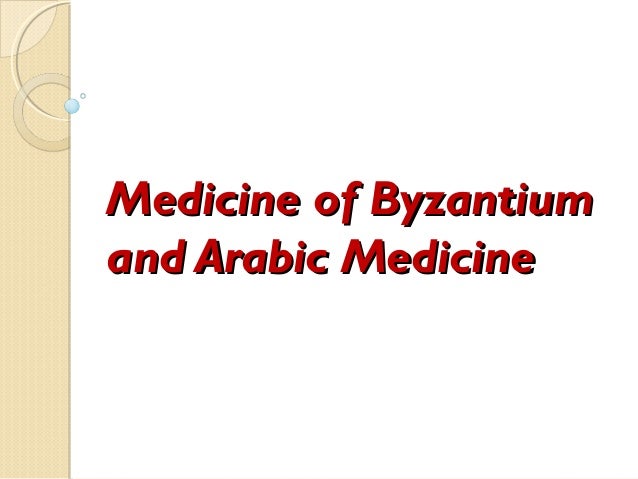Arabic-latin Translation Program In Toledo

'The Coherence of the Arabic-Latin Translation Program in Toledo in the Twelfth Century,' Science in Context, 14 (2001): 249–288. Campbell, Donald (2001). Arabian Medicine and Its Influence on the Middle Ages.

Flexmail Keygen Generator here. This collection of Charles Burnett's articles on the transmission of Arabic learning to Europe concentrates on the identity of the Latin translators and the context in which they were working. The articles are arranged in roughly chronological order, beginning with the earliest known translations from Arabic at the end of the 10th century, progressing through 11th-century translations made in Southern Italy, translators working in Sicily and the Principality of Antioch at the beginning of the 12th century, the first of the 12th-century Iberian translators, the beginnings and development of 'professional' translation activity in Toledo, and the transfer of this activity from Toledo to Frederick II's entourage in the 13th century.
Pdo Update Query Affected Rows. Most of the articles include editions of texts that either illustrate the style and character of the translator or provide the source material for his biobibliography.
's De Iudiciis Natiuitatum was translated into Latin by in 1136, and again by in 1153. Here is the edition of 's translation, 1546.
Latin translations of the 12th century were spurred by a major search by European scholars for new learning unavailable in western Europe; their search led them to areas of southern Europe, particularly in and, which recently had come under Christian rule following their reconquest in the late 11th century. These areas had been under a rule for considerable time, and still had substantial Arabic-speaking populations to support their search. Fullmetal Alchemist Brotherhood Full Torrent more. The combination of Muslim accumulated knowledge, substantial numbers of Arabic-speaking scholars, and the new Christian rulers made these areas intellectually attractive, as well as culturally and politically accessible to scholars. A typical story is that of (c. 1114–87), who is said to have made his way to Toledo, well after its reconquest by Christians in 1085, because he arrived at a knowledge of each part of [philosophy] according to the study of the Latins, nevertheless, because of his love for the, which he did not find at all amongst the Latins, he made his way to, where seeing an abundance of books in Arabic on every subject, and pitying the poverty he had experienced among the Latins concerning these subjects, out of his desire to translate he thoroughly learnt the Arabic language. While Muslims were busy translating and adding their own ideas to Greek philosophies, the Latin West had been suspicious of pagan ideas., for example, was hostile to, and had little interest in exploring philosophy, only applying logic to theology. For centuries, Greek ideas in Europe west were all but non-existent.
Only a few monasteries had Greek works, and even fewer of them copied these works. There was a brief period of revival, when the monk and others reintroduced some Greek ideas during the. After 's death, however, intellectual life again fell into decline. Excepting a few persons promoting, such as, philosophical thought was developed little in Europe for about two centuries. By the 12th century, however, thought was beginning to develop, leading to the rise of throughout Europe.
These universities gathered what little Greek thought had been preserved over the centuries, including Boethius' commentaries on Aristotle. They also served as places of discussion for new ideas coming from new translations from Arabic throughout Europe. By the 12th century, European fear of Islam as a military threat had lessened somewhat., in Spain, had fallen from Arab hands in 1085, Sicily in 1091, and Jerusalem in 1099.